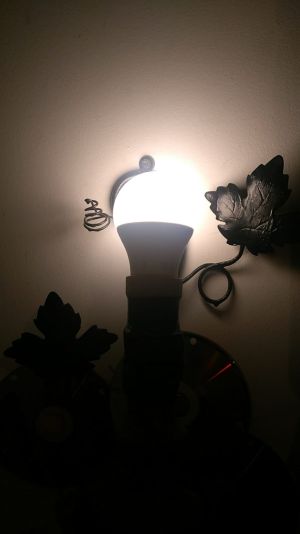Choosing the right blogging platform is an important step in starting a blog. Here are some factors to consider when selecting a platform:
- Ease of Use: Choose a platform that is user-friendly and easy to navigate. You should be able to create posts, add images, and customize your blog without requiring extensive technical knowledge.
- Customization: Consider the level of customization offered by each platform. Can you change the appearance of your blog with themes and templates, or do you need to know how to code? Can you add custom plugins and widgets to enhance your blog’s functionality?
- Cost: Compare the cost of each platform and consider which one fits your budget. Some platforms, such as Blogger and Wix, are free, while others, such as WordPress, may require a monthly or yearly fee.
- SEO: Search Engine Optimization (SEO) is important for attracting traffic to your blog. Choose a platform that offers strong SEO capabilities, including the ability to customize meta titles and descriptions, generate sitemaps, and use keywords effectively.
- Support and Resources: Consider the level of support and resources offered by each platform. Is there a strong community of users who can help answer questions? Are there tutorials and guides available to help you get started?
- Monetization: If you plan to monetize your blog, choose a platform that offers the monetization options you require. For example, if you plan to display ads, you will need a platform that integrates with advertising networks such as Google AdSense.
- Security: Security is an important consideration when selecting a blogging platform. Choose a platform that offers regular updates and security patches to protect your blog and its data.
Here are some of the most popular blogging platforms to consider:
- WordPress: WordPress is the most widely-used blogging platform, offering a high degree of customization, strong SEO capabilities, and a large community of users and developers. WordPress can be self-hosted (WordPress.org) or hosted by WordPress (WordPress.com).
- Blogger: Blogger is a free, easy-to-use platform that is ideal for beginners. It offers basic customization options and integrates with Google AdSense for monetization.
- Wix: Wix is a drag-and-drop platform that offers a high degree of customization, with a wide range of themes and templates to choose from. Wix is a good option for those who want an easy-to-use platform with strong visual appeal.
- SquareSpace: SquareSpace is a premium platform that offers a high degree of customization, strong SEO capabilities, and a range of e-commerce features. It is ideal for those who want a professional-looking blog with strong monetization options.
- Ghost: Ghost is a modern, minimalistic platform that is designed for professional bloggers and online publishers. It offers strong SEO capabilities and a range of monetization options.
In conclusion, choosing the right blogging platform is an important step in starting a blog. Consider factors such as ease of use, customization, cost, SEO, support and resources, monetization, and security when selecting a platform. Experiment with different platforms to find the one that best fits your needs and goals.




